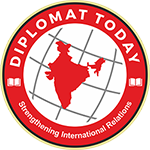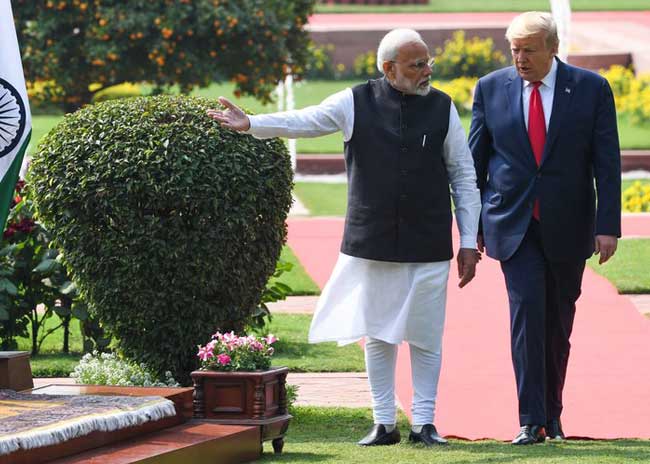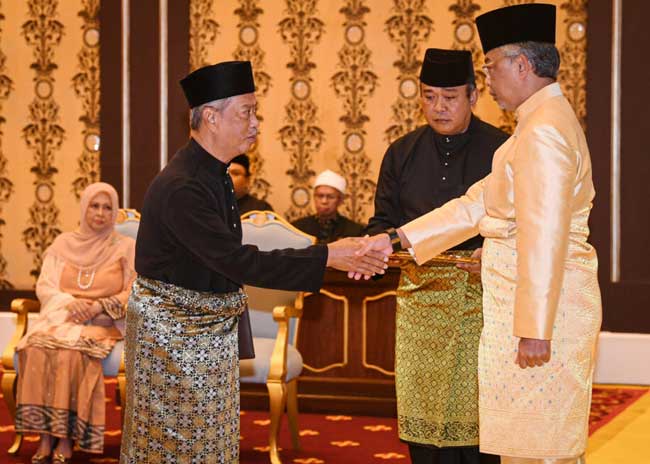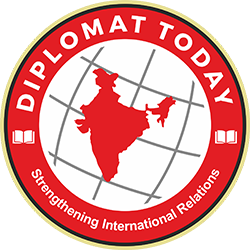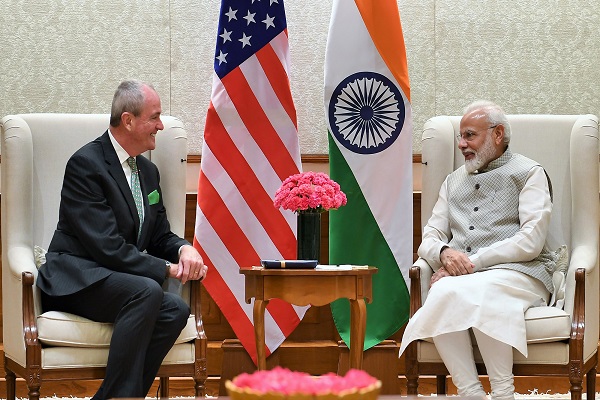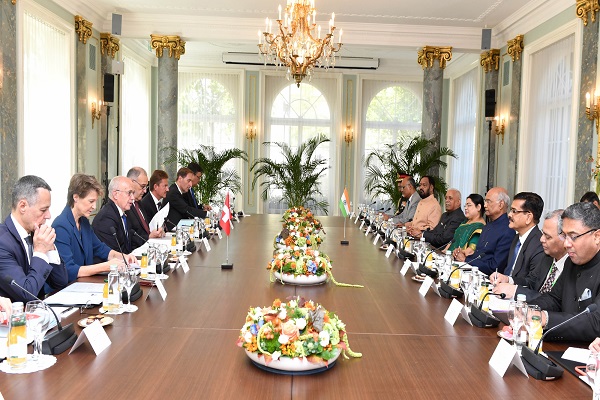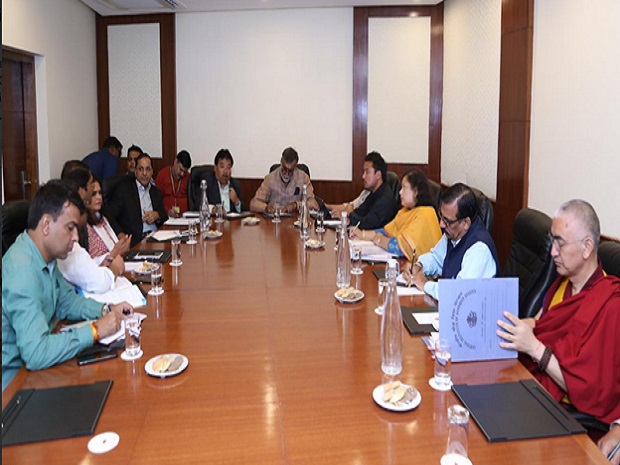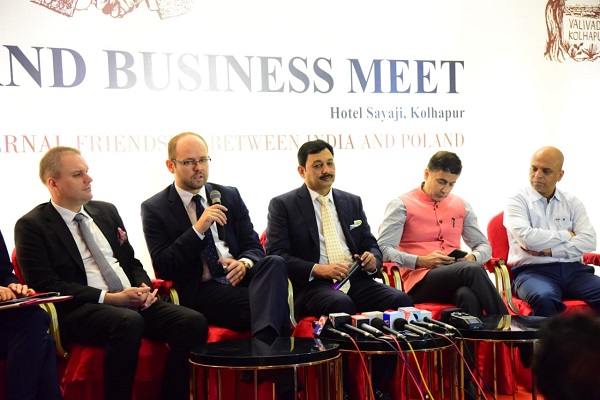There’s been some debate about President Trump’s two-day official visit to India. This is not unusual for U.S.-India leader-level trips, but those hoping for a big deal, specifically a trade one will be disappointed to be measured on the basis of other countries, whether they produce a big deal. Trade negotiators had moved some way to reaching a mini-agreement, but had not been able to get it over the finish line. Those concerned, whether from a strategic, economic or democracy and human rights perspective about internal developments in India will also be disappointed.
Trump mentioned the importance of Indian diversity multiple times in his speech on Monday and acknowledged that concerns about religious freedom and India’s months-long detention of political leaders in Kashmir were discussed privately. But he refused to publicly comment on the Hindu-Muslim violence that erupted in Delhi during his trip the worst in decades, resulting in at least 20 deaths and seemed to support what he said was Modi’s desire for “people to have religious freedom.”
To assuage Trump, Prime Minister Narendra Modi emphasized growing economic ties and a reduced trade deficit. Indian CEOs highlighted their investments in developing skills and manufacturing in the U.S., and their effort to keep Chinese equipment out of India’s 5G network.
Those looking for continuity in the two-decades-long trend toward greater strategic cooperation between the two democracies will also find reason for optimism. Spurred by shared concerns about terrorism and a rising China’s actions in the region, the U.S. and India have deepened defense and security ties over the last three years.
Announcements during the visit expressed determination to continue this cooperation, particularly in the Indo-Pacific, as well as in a revived homeland security dialogue.
